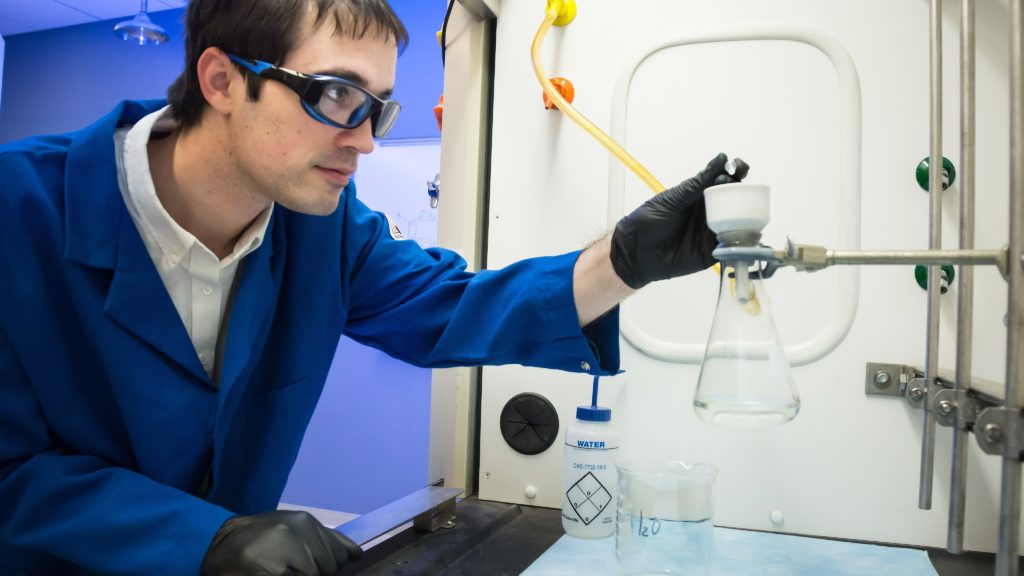A single tax incentive under consideration in Ottawa has the potential to create jobs, grow businesses and investment, and cut Canada’s carbon emissions.
Dozens of Canadian companies, not-for-profit associations, unions, provincial governments, Indigenous groups, environmental NGOs and think tanks have asked for it.
Then last week, a group of Canadian academics decided to publicly oppose the new tax credit in an open letter to the federal finance minister.
Technologies to trap industrial carbon emissions and store them deep underground, to suck CO2 directly out of the atmosphere and inject it into building products like cement, are proven and viable.
Rejecting carbon capture technology won’t reduce emissions the way these dissenting academics hope — in fact, it’s likely to increase them.
Moreover, how do we stay within safe levels of warming without capturing carbon dioxide from the air? Even if we meet the global goal of net-zero by 2050, we will need to remove billions of tonnes of CO2 from our atmosphere this century using technologies like direct air capture.
Their letter states that carbon capture is not “proven at scale” and is not “economically sound.” But there are more than 36 million tonnes of CO2 being captured around the world annually from a variety of industries and sources, including projects capturing carbon at a cost well below $50 per tonne.
Further deployment has been limited not by fundamental technical problems, but by a lack of policy support and potential revenue sources.
Other countries are already investing aggressively in carbon capture.
By complementing the carbon price and regulations like the Clean Fuel Standard with an investment tax credit, government can lower the risk and make projects more attractive to private capital.
If we’re serious about reducing our emissions — and growing Canada’s cleantech sector — we are going to need all the tools in our toolkit, including carbon capture.
Just requiring the permanent sequestration of more recovered carbon than will be released as a condition of sale for fuels would drive innovation the right way.
